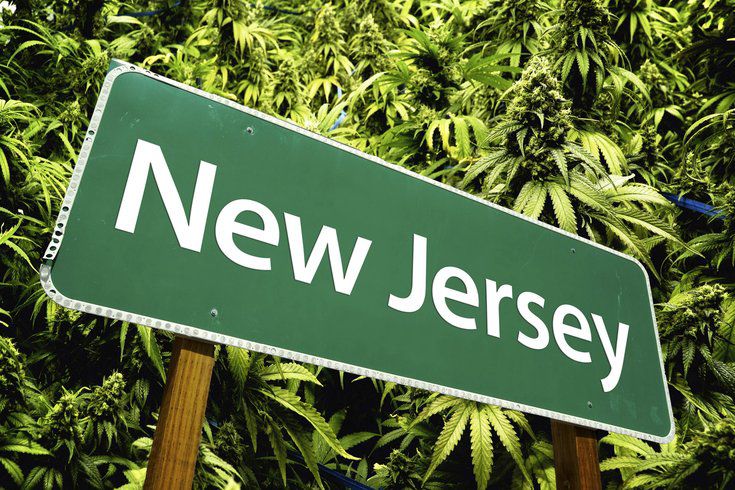The Hopewell Township Committee carried the public hearing for a cannabis opt-out ordinance prohibiting within the township all six of the cannabis class business licenses.
Members of the Township Committee tabled the ordinance to the committee’s first meeting in August during a Township Committee meeting on July 20.
The opt-out ordinance that is before the Township Committee is designed to create more time for the municipality to decide, regarding which class licenses of cannabis businesses would be allowed in the township and to establish regulations.
The ordinance opting out was carried in lieu of a different ordinance introduced before the governing body at the evening meeting, which allows Class 1- cultivation and Class 2- manufacturing licenses.
“Based on what the Planning Board said, which was that you should take another look since the cultivation of cannabis is an agricultural use and we are an agricultural community and that is part of our Master Plan, we should take a second look at whether we would allow the growing or cultivation of cannabis,” Township Attorney Steve Goodell said at the meeting. “We have come up with this ordinance for your consideration.”
Cannabis cultivation and manufacturing would be conditional uses in the VRC Zone (Valley Resource Conservation). The conditions are that the lot be at least 50 acres in size and located no more than two miles from the interstate interchange, Goodell explained.
The introduced ordinance is split between three separate sections: licensing, land use and taxation.
“The first thing it does is it bans those classes which are prohibited in Hopewell Township. Those are wholesale, distribution and delivery service,” said Scott Miccio, township attorney from law firm Parker McCay. “The next thing it does is permits cultivation and manufacturing only in certain places in the township and explains that there will only be one cannabis business permitted in the township.”
Also, if one single entity owns cultivation and manufacturing licenses, that would also be permitted.
“Any potential cannabis entity to make an application to the State of New Jersey requires proof of local support. The cannabis act says one way to do that would be for the governing body to pass a resolution of local support,” Miccio said.
Any potential applicant should submit a concept plan to the Township Committee for their review and explain how they comply with the township zoning and licensing requirements, he added.
The Township Committee would consider the proposals in the order they are submitted, according to the presentation.
Separate from the resolution for local support is a local licensing option. The applicant would have to submit site plan approval from the Planning Board, comply with all the elements of its concept plan and other township ordinances, and pay required fees.
“The application fees for cannabis and the manufacture licenses are $5,000 under this ordinance, and also annual registration fees for cannabis cultivators or manufactures is $5,000,” Miccio said. “If they are a single entity that holds both of those class licenses it would be a $10,000 application and a $10,000 registration fee.”
In the Land Use section of the ordinance, there is also a minimum lot coverage of 15% to go along with the condition that the lot be at least 50 acres in size.
“No noise associated with the operation should be detectable at the site boundaries. Odor control is another important issue when we talk about cannabis cultivation,” he added. “This requires set up of certain filters and certain air filter systems to mitigate odor issues. Any odor generated from inside the facility should not be detectable at the subject property line.”
When it comes to the tax portion of cannabis, Hopewell Township’s ordinance can tax up to 2% for sales by cultivators and manufacturers. The 2% tax is the maximum permissible tax.
The township needs to pass an ordinance by Aug. 21 deadline set by the state.

